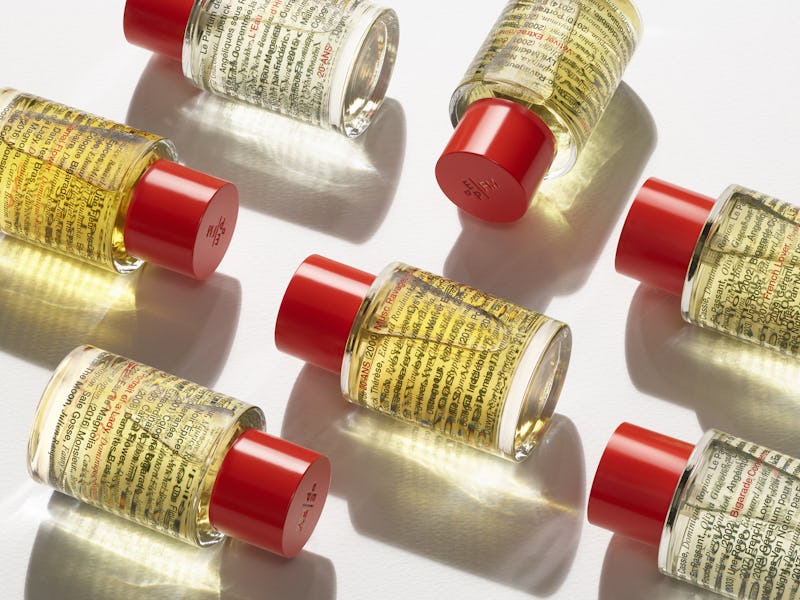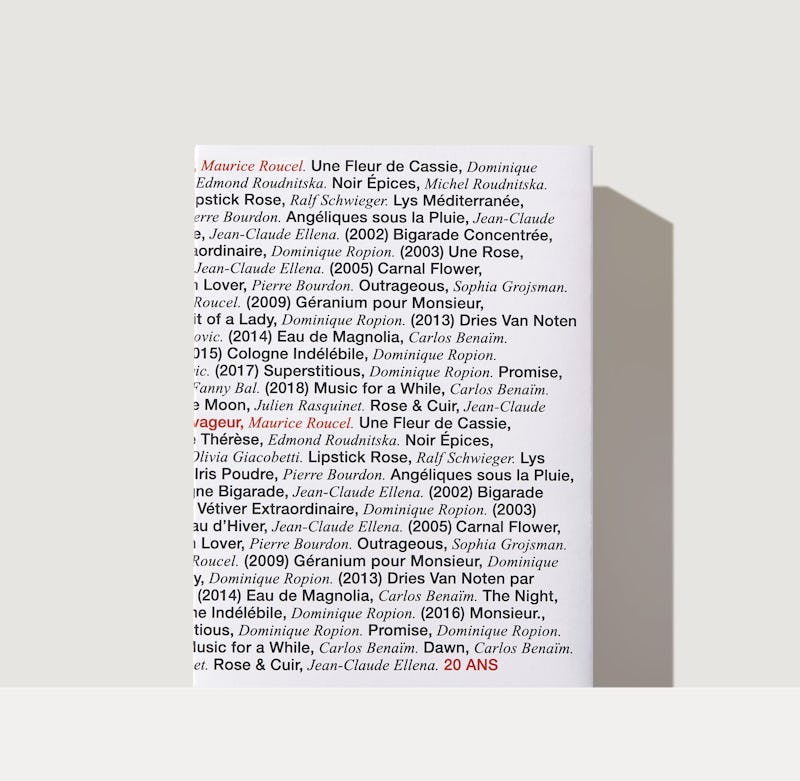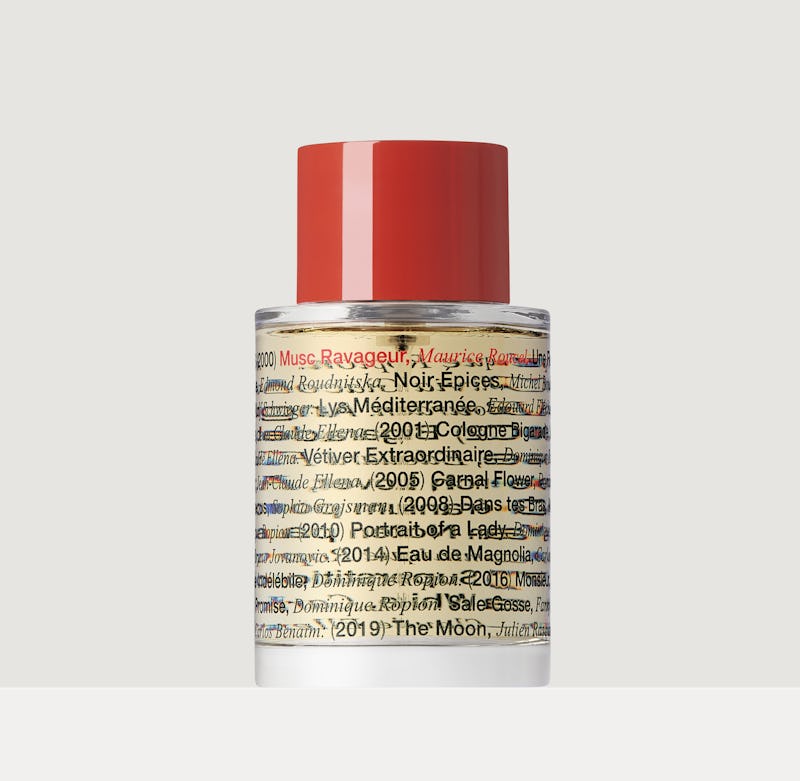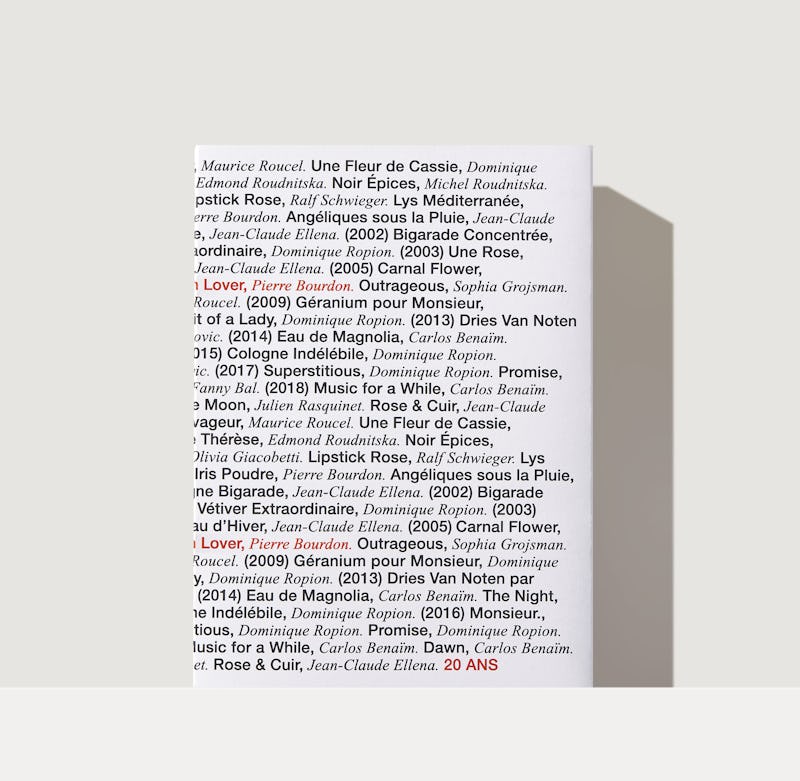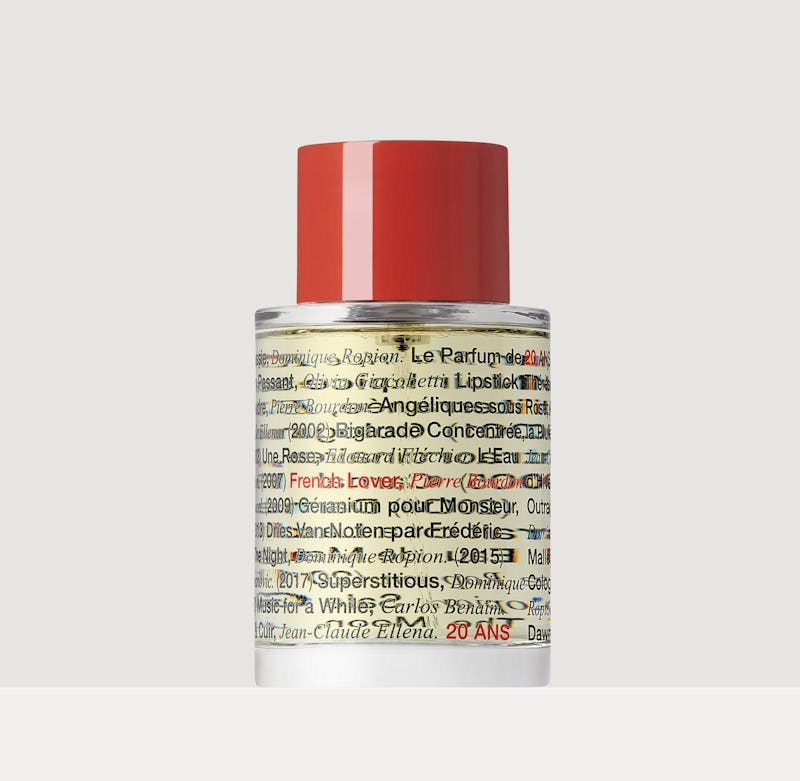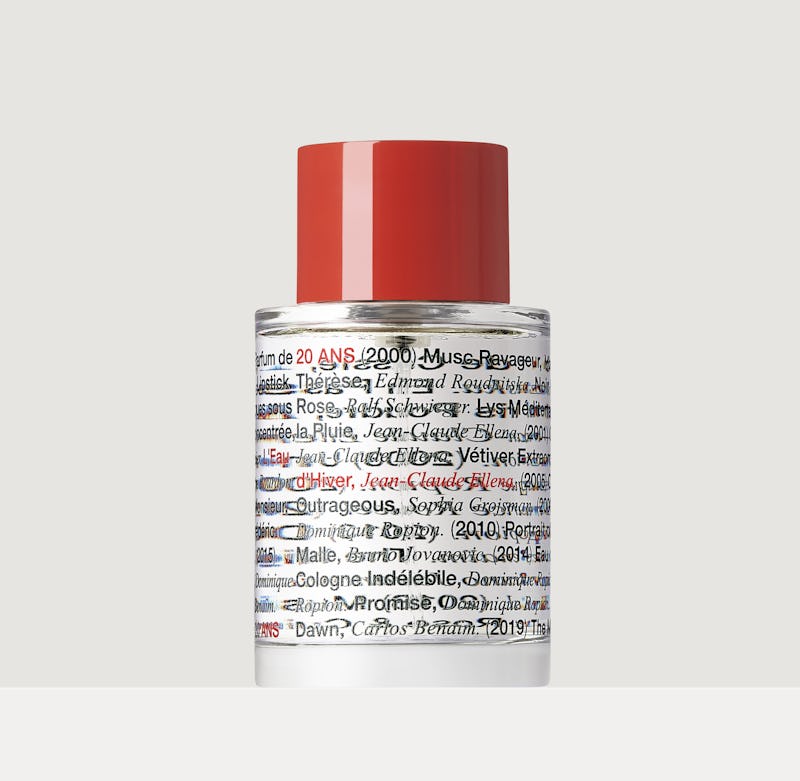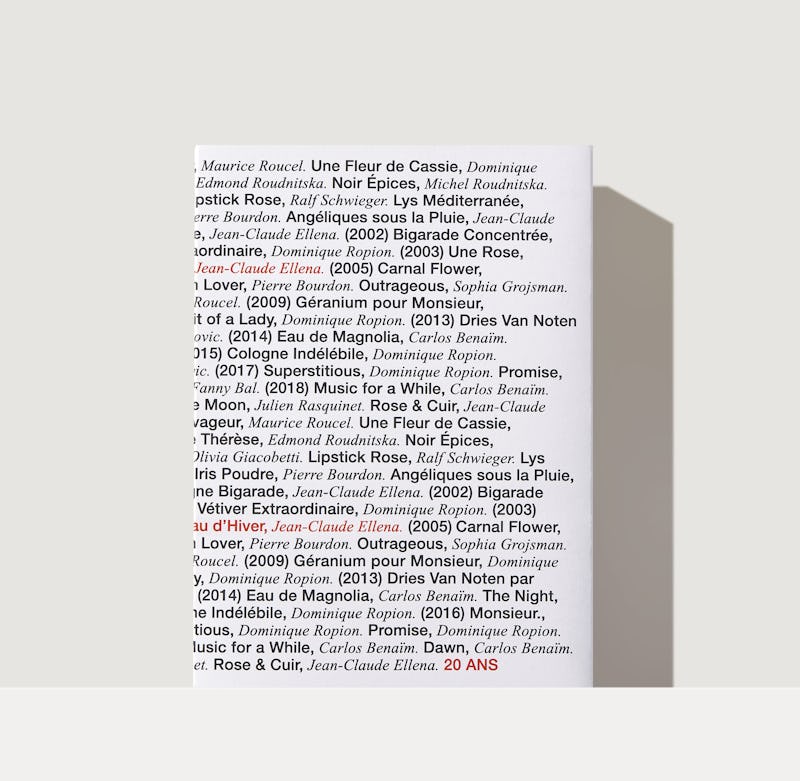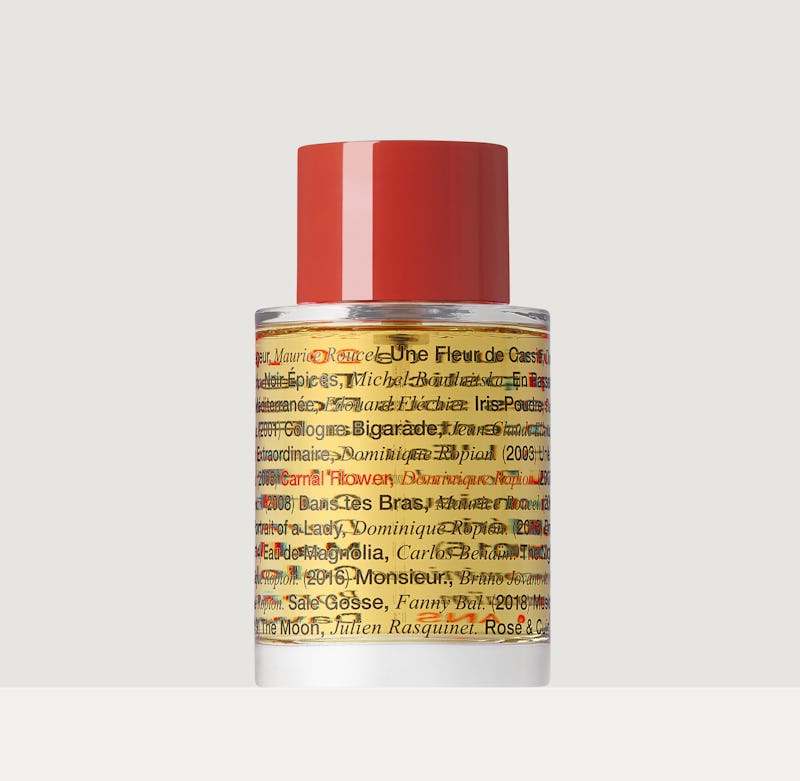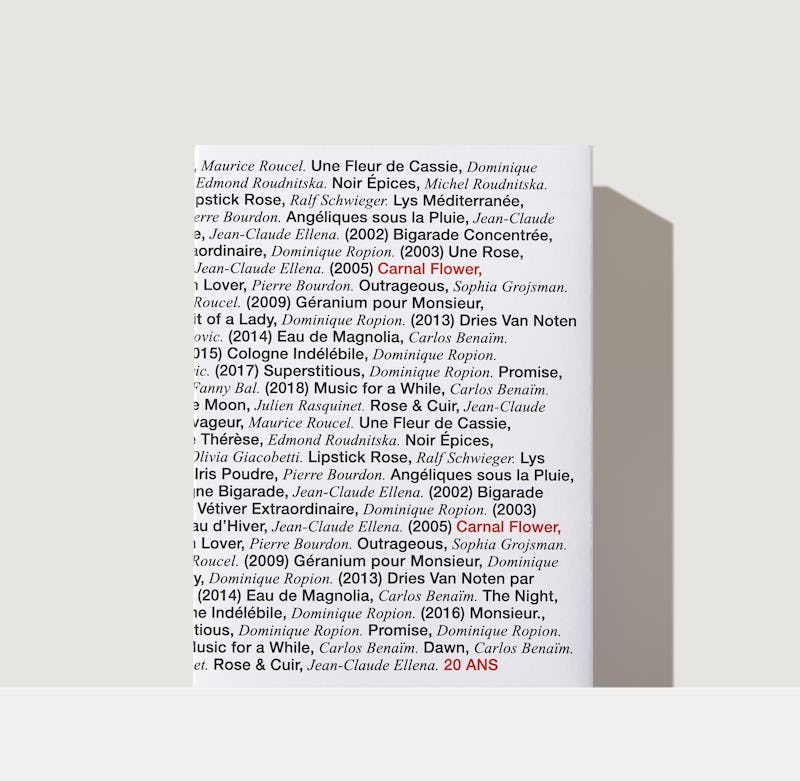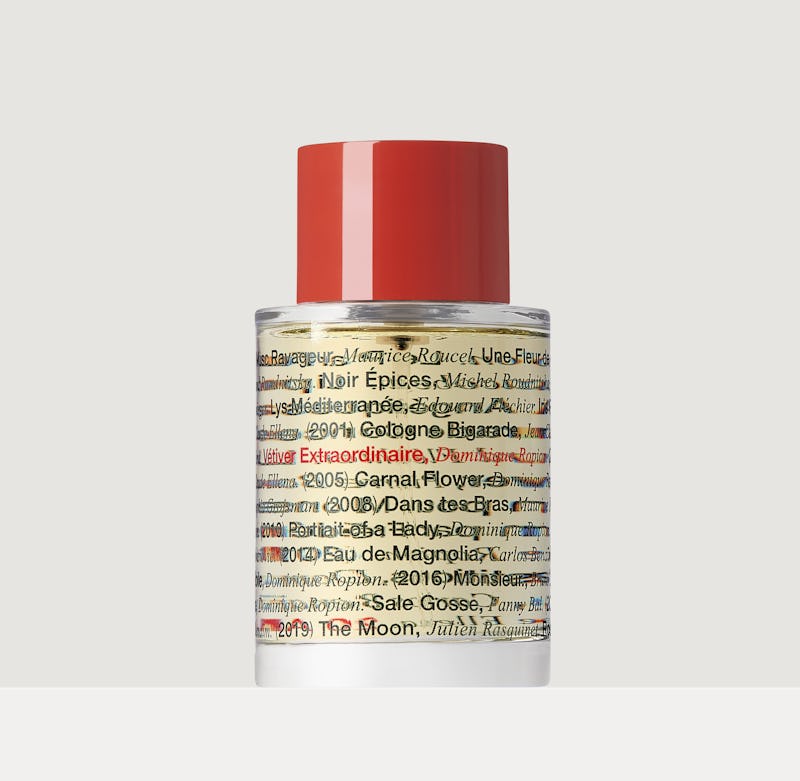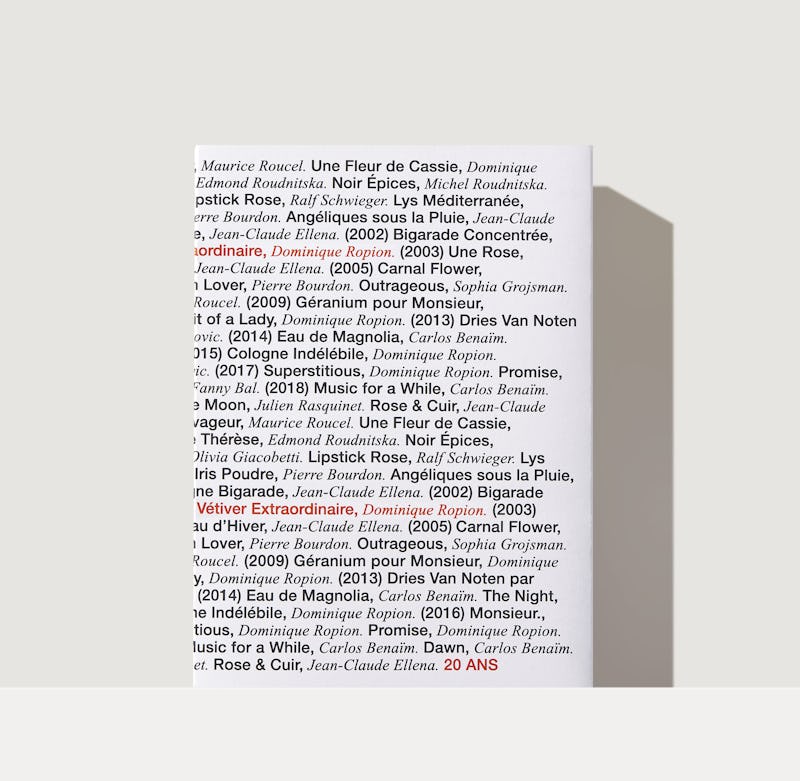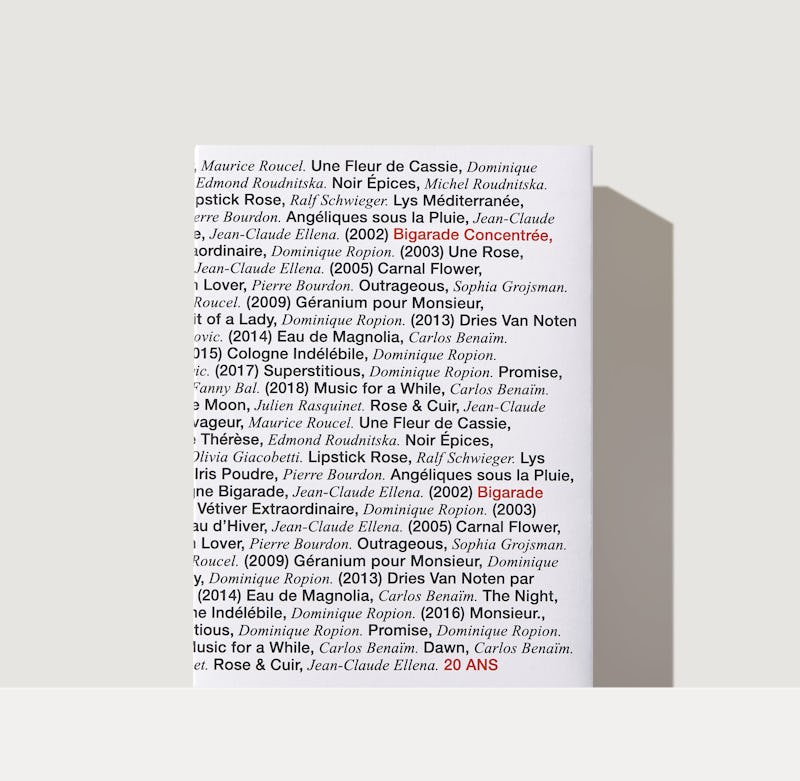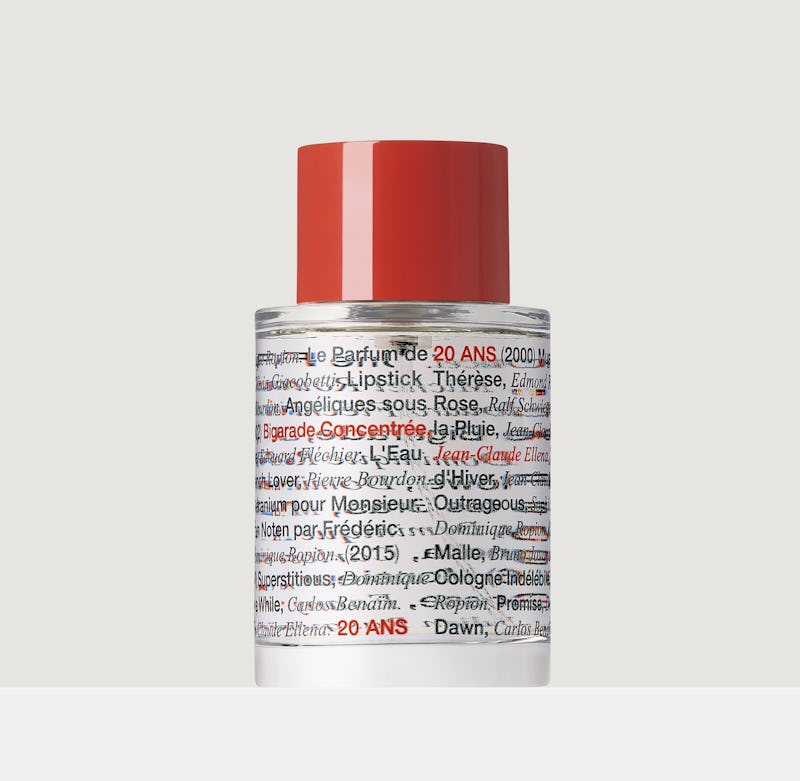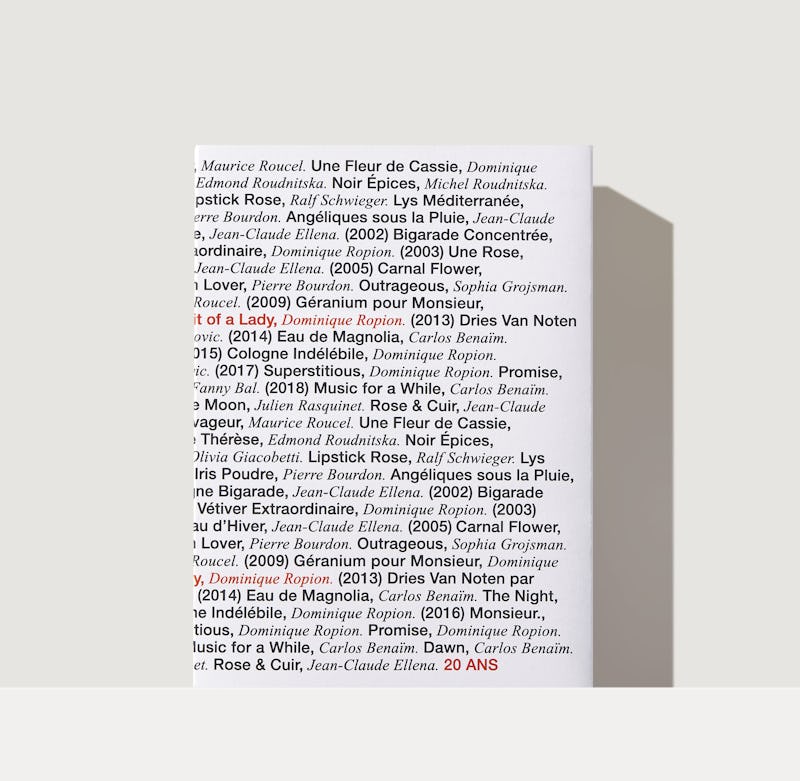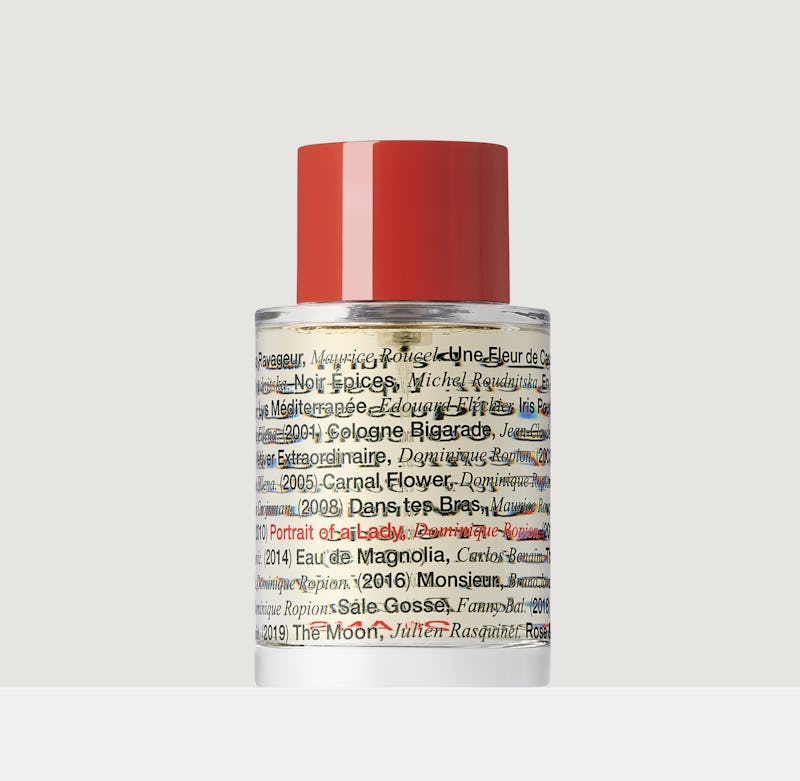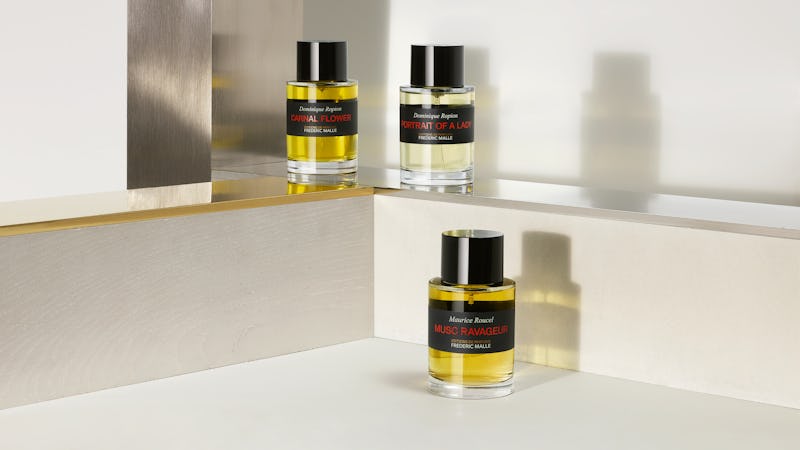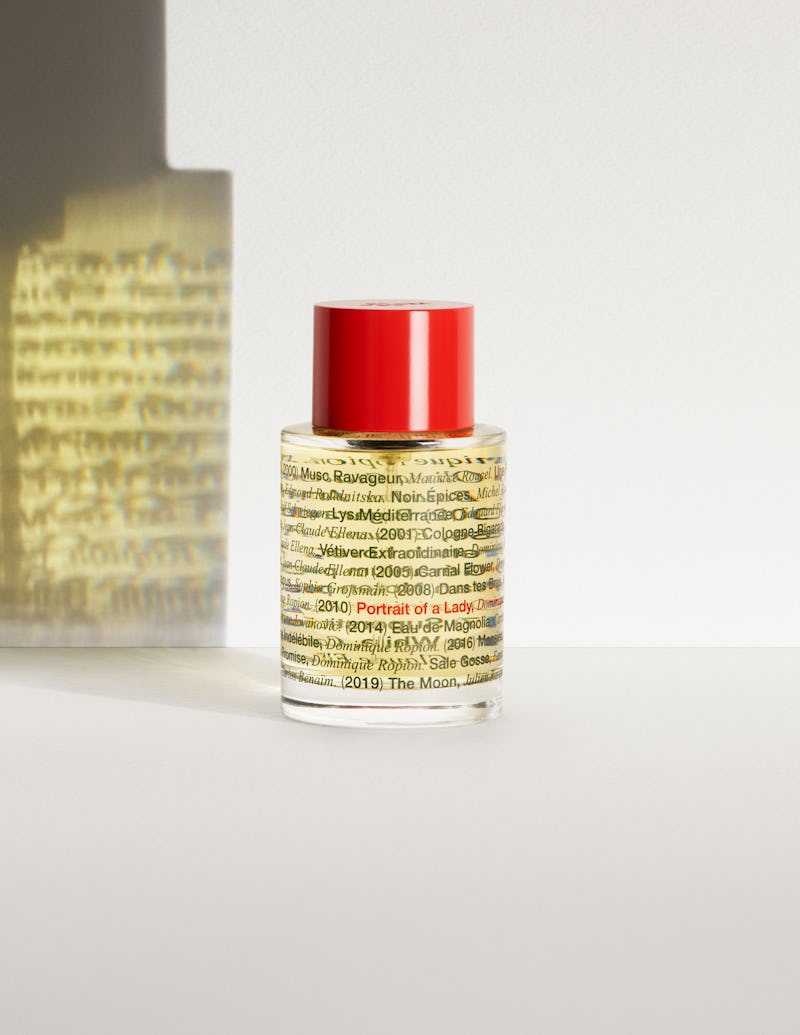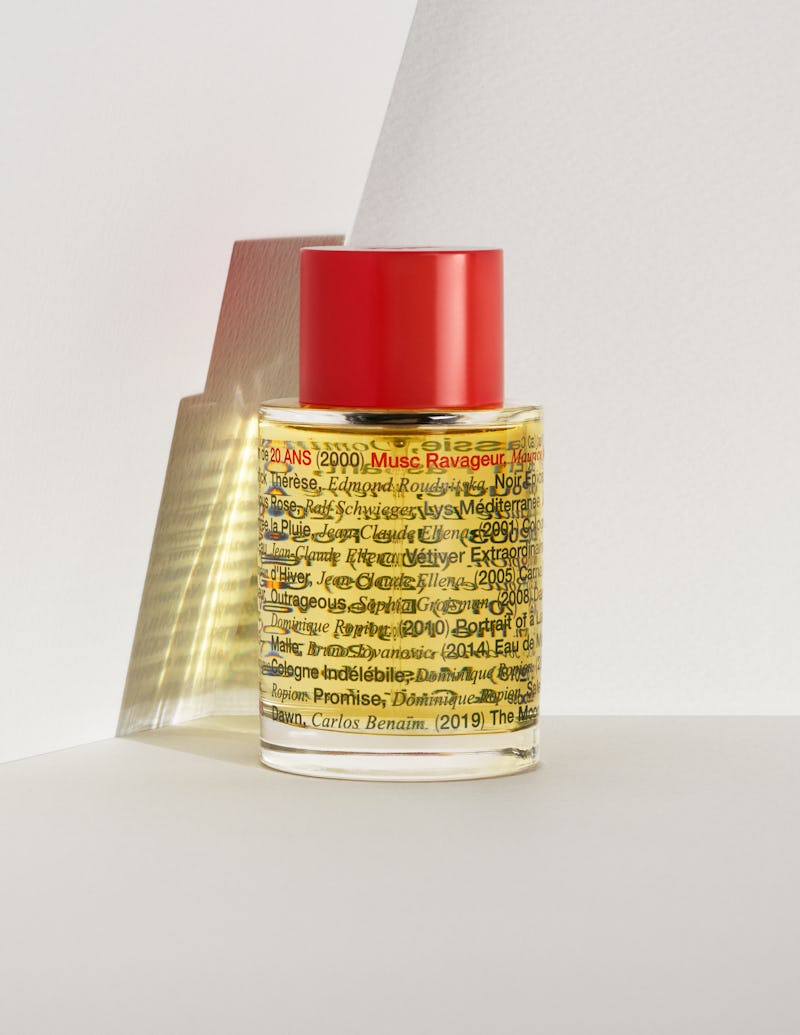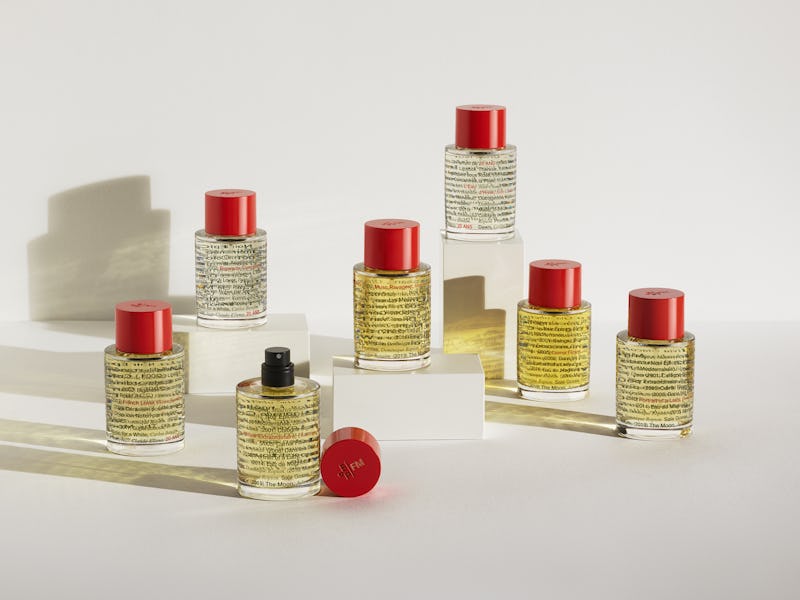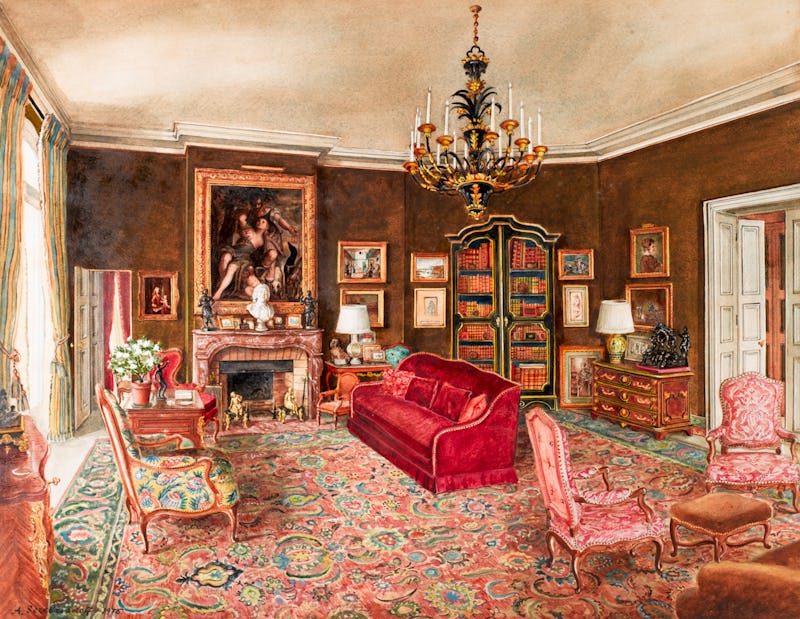Seven Masterpieces
That Have Already Made
Their Mark on History
20 Year Anniversary Limited Edition Perfumes
It is with a certain modesty combined with great enthusiasm that Frédéric Malle speaks of his creation of Editions de Parfums, which he founded twenty years ago. Launched in 2000 with a range of nine perfumes, today the collection numbers thirty-one. We spotlight the success of seven masterpieces considered by many to be the “classics of tomorrow.”
Twenty years of age is often the first moment one stops to reflect on life, before stepping forth with renewed energy. On this special occasion, Frédéric Malle checks in with us on the landmark perfumes of the collection, telling us that, although there may be rational reasons for a perfume’s success, it also involves the element of mystery that always makes creation so exhilarating.
Malle insists that, for Editions de Parfums, there can be no creativity without the quest for singularity. At the origin of every one of the brand’s great works there is always a precise goal which he shares with the perfumer, and a mutual desire to create a perfume that will be absolutely unique.
Obviously, in art as in perfumery, it is presumptuous to think one can invent something entirely new. And yet each perfume in the collection has its own personality and contributes something unique.
Whatever the perfume may be, Frédéric Malle has remarked over the years that those that please the most are those that tell a story, even if it is an atypical, singular one. Adopting a cinematic metaphor, he sees all the works of Editions de Parfums as films d'auteurs, some of which go on to become box office successes. For both Frédéric Malle and the perfumers who compose them, all the productions of the house could compete for the title given their irreproachable construction and the quality of their ingredients,
Malle notes that the approach of Editions de Parfums is unusual in the perfumery world: “We don’t go after commercial success at any price, we try to be inventive and we want to make beautiful things.” To create perfumes of irreproachable quality, always novel and packed with personality; perfumes that fuse with the skin and with the person who wears them, to the point where they become a part of that person. This is his watchword and, according to him, is the recipe for a perfume with a good chance of being well received. Above all he remarks that, since the house does not invest in mass communications, the success of the perfumes is an organic success that develops over time.
20 Years of Total Creative Freedom
20 Years of Total Creative Freedom
It must be said that the customers of Editions de Parfums are the brand’s best ambassadors. Through their sillage, but also through what they say. Many of them speak of the perfume closest to their heart as they would speak of a film or a novel that has touched them deeply.
The name of a perfume, precisely conceived as a title, is doubtless the first element to spark desire, and the initial way to connect with the perfume. So when there is total osmosis between the name and the juice itself, it’s a powerful combination. This is the case with Musc Ravageur, for example, which, when released in 2000, met with great success. Ten years later, Portrait of a Lady, a sublime perfume of absolute elegance, follows in its footsteps.
PORTRAIT OF A LADY Limited Edition
Musc Ravageur Limited Edition
The right time, the right moment. Another factor that goes to explain how a perfume finds its audience.
For Frédéric Malle, even the most distinctive perfumes have a shot at success, if they echo an archetype that is resonant with our times, as is the case with Vetiver Extraordinaire, French Lover, and Carnal Flower.
Others, like Musc Ravageur, prove that it’s always possible to go against the prevailing tendencies. Oriental in the lineage of Coty’s Emeraude or Guerlain’s Shalimar, Musc Ravageur was perceived as a radical innovation breaking with the trend for light and floral perfumes, as far as can be from its overwhelming sensuality. The same goes for L’Eau d’Hiver, an atypical eau that offers not so much freshness as the pleasing comfort of warm wood and spices.
The full collection of limited edition perfumes
On the twentieth birthday of Editions de Parfums, these seven masterpieces composed by Dominique Ropion, Jean-Claude Ellena, Maurice Roucel and Pierre Bourdon are highlighted. Already become “classics of tomorrow,” they are presented in limited edition bottles which, during this year, make them stand out from the rest of the collection.
